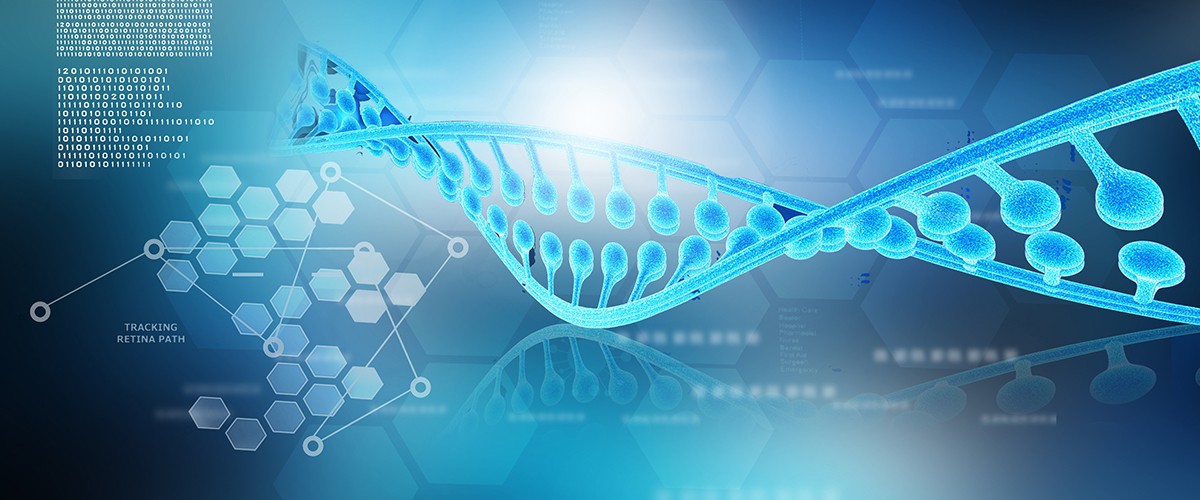Humanized antibodies are mainly mouse monoclonal antibodies modified by gene cloning and DNA recombination. Most amino acid sequences are replaced by human sequences, which basically retains the affinity and specificity of parental mouse monoclonal antibodies, reduces their heterogeneity, and is conducive to their application in human body. After years of research and improvement, people have created and improved a variety of humanized antibody technologies, such as reconstituted antibody, surface remodeling antibody, de immunized antibody, chain replacement antibody and so on. Let's introduce the expression system of humanized antibody by redbert (Beijing) Biotechnology Co., Ltd.
1. Escherichia coli expression system
Because the complete antibody molecule is a biological functional immunoglobulin assembled by heavy chain and light chain through disulfide bond, and the E. coli system lacks transcription and post-translational processing mechanism, the expressed protein can not form appropriate folding. It is not suitable for the expression of complete antibody molecules because of glycosylation modification or correct formation of disulfide bond. Therefore, this method is more suitable for the efficient expression of functional fragments such as FV, Fab and scFv.
2. Yeast expression system
The expression systems mainly include Saccharomyces cerevisiae, Schizosaccharomyces cerevisiae, crotonic acid yeast and methanol yeast, among which methanol yeast expression system is the most widely used. Pichia pastoris system is one of the most widely used methanol yeasts.
3. Insect baculovirus expression system
Insect baculovirus expression system is an excellent eukaryotic gene expression system. Insect cells have been widely used in foreign gene expression because of their wide source, relative economy, correct post-translational processing and protein glycosylation.
However, the system also has a disadvantage, that is, virus infection will lead to cell death, so it is difficult in large-scale production.
4. Mammalian cell system
The expression system can be appropriately modified after translation and is genetically stable. It is the most suitable host for chimeric antibodies. Among them, there are three kinds of commonly used host cells: African green monkey kidney cells; Myeloma cells; Chinese hamster ovary cells. Using these cells, many human monoclonal antibodies were successfully expressed.

5. Plant cell expression system
Plant cells have the same pathways of protein synthesis, secretion, folding and post-translational modification as animal cells, but the glycosylation of proteins is slightly different from animal cells. Antibodies can be expressed in leaves and fruits of plants without losing their binding specificity and affinity.
6. Transgenic animal expression system
Transgenic animal drugs have the advantages of low production cost, short investment cycle, high expression, complete consistency with natural products and easy separation and purification. They are especially suitable for some blood factors with large use and complex structure, such as human hemoglobin, human serum albumin, protein C, fibrinogen and antibody.
In recent years, more and more attention has been paid to the research of therapeutic antibodies in academia and enterprises. The emergence of humanized antibodies and fully humanized antibodies has brought new hope for the wide application of therapeutic antibodies.
At present, the humanized method of antibody is still developing and improving. Its purpose is to improve antibody affinity, reduce antibody heterogeneity, and take into account the immune activation of antibody. In addition, for different heterogeneous antibodies, selecting appropriate humanized ways to construct humanized antibodies more suitable for clinical application will open up new ways for the development of new drugs and the treatment of some difficult diseases. At present, beacon has a single-cell photoconductive system. By integrating photoelectric positioning technology and microfluidic technology, it realizes high-throughput cell biology research based on single cells in the nano upgrade chamber of the chip, which is of great significance for antibody discovery.
* The above contents are collected online for reference only. If this site article involves copyright and other issues, please contact this site in time, and we will deal with it as soon as possible!